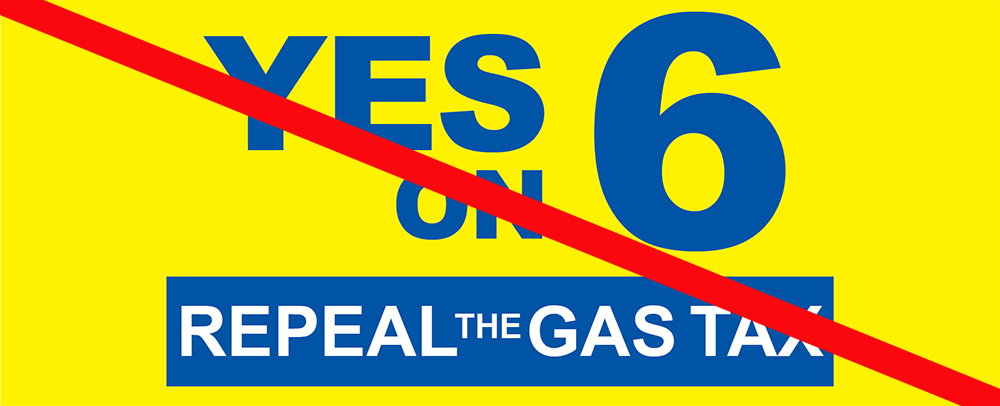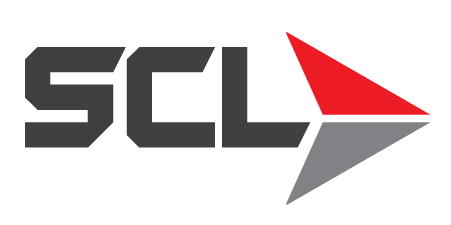Prop 6 Is Out – What This Means to Californians

Prop 6
With Midterm Elections Over, Where Do We Go From Here?
On November 6th, Californians voted against Proposition 6, a constitutional amendment that would have eliminated a fuel-related tax designated for road repair and transportation infrastructure. Prop 6 aimed to repeal the gas tax that went into effect November 2017, which was met with a large amount of criticism from voters. A yes vote on Prop 6 would have eliminated fuel and vehicle taxes to the tune of $5.1 billion earmarked annually for road and highway maintenance and repairs as well as public transportation development. Besides reducing the funding for transportation infrastructure, another key element of the proposition would be to require legislators to obtain a majority of votes before passing future tax initiatives. Despite the buzz around repealing the gas tax, Prop 6 lost with a deficit of roughly 700,000 votes. Californian voters are instead choosing to back the Road Repair and Accountability Act, also know as Senate Bill 1, or SB-1, which they see as a valuable means of offsetting the cost of maintaining and expanding the state’s highway, road and public transportation systems.
With Prop 6 out, SB-1 and the Gas Tax Will Continue
With Prop 6 on the cutting room floor, Senate Bill 1 remains, continuing a $0.12 per gallon excise tax increase on gasoline, a $0.20 per gallon increase on diesel, and a 4% increase on diesel sales tax. SB-1 also introduced up to $175 in“transportation improvement fees” in the form of increased vehicle registration fees, and $100 for electric vehicles as a “road improvement fee.” Apparently the tax burden that Prop 6 proponents claimed that the fuel tax places on California drivers and tax payers was not enough to dissuade the majority of the state’s population who already live with one of the highest excise tax rates in the nation, and a 13.3% income tax rate – the highest in the country.
Where Will the Money Go
Republicans were especially adamant about promoting Prop 6 and the need to repeal the gas tax under the pretext that the financial burden was simply too much for Californians to bear. Those in favor of Prop 6 and the repeal of the gas tax were met with well funded opposition, however, including business groups and construction industry unions who raised more than $40 million to squash Prop 6 efforts with television, radio and print advertising. In the end, the Prop 6 momentum couldn’t compete monetarily, raising only a fraction of what their opponents hauled in. Signatory Carl DeMaio – San Diego Republican and City Councilman, stated that there is already ample money available within the state budget to accommodate repairs and expansion of highway, road and public transportation systems without passing along that financial burden to drivers. SB-1, drafted by Democratic legislators, was designed to generate tax revenue of upwards of $5 billion annually for the next 10 years. The money will go toward the rehabilitation and maintenance of state highways, city and county streets, and with a goal to have at least 98% of highway pavement in “Good or fair condition by 2027.” Additional ways that the money will be used include the upgrade of light rail systems and bus lines and creating solutions to reduce traffic in urban areas that currently experience extreme congestion.
The Hidden Impact of the Gas Tax
Besides the direct result of increased taxes at the pump and additional vehicle registration fees, opponents of the gas tax point out the hidden impacts of SB-1, which will be felt in the form of increased prices on consumer goods and commodities. When fuel goes up, so too will the price of goods and services rendered by organizations and individuals who must also absorb the financial burden of those added fuel expenses. The gas tax will also continue to rise in accordance with inflation, which means that the current rate is not capped indefinitely. The cost of goods and services transported via the trucking industry will most assuredly go up as the fuel tax is assimilated by transportation companies. Fuel is a major expense for these organizations, so what is being considered as a 1% increase as a result of having to pass along extra shipping costs to the consumer will be felt not only at the pump, but also potentially at the grocery store.
Increased Vehicle Registration Fees
Besides the fuel tax, Californians are now looking at increased registration fees that will be based on the value of their vehicles. According to an article in the San Francisco Bee, vehicle registration fees will range from $25 a year for cars worth less than $5,000 and up to $175 for more expensive vehicles of $60,000 value or higher. This increase was a major selling point for Prop 6 proponents, which developed examples based on a “Hypothetical family (owning) one car worth more than $25,000 and another worth more than $35,000… (amounting) to an extra $250 per year in registration fees.” According the the California Department of Transportation, however, roughly 87% of registered vehicles within the state are valued at less than $25,000, with more than 46% being valued at less than $5,000. Based on those numbers, your average Californian family will most likely be looking at an increase in vehicle registration fees of $50 to $100, which will again increase with inflation as time passes.
The Bottom Line
It appears that the California gas tax increase is here to stay, and Californians will be forced to adjust to the not only the increase at the pump, but also in other hidden areas such as a rise in cost of goods and services. On the flip side, perhaps the well-maintained scenic highways and byways of California will prolong the life of tax payer’s tires and will keep them safe and in motion, possibly saving both lives and money in different ways. It is yet unclear whether or not a new tax repeal effort is underway for the 2020 election, but in a state as fraught with taxes as California, you can bet that it will be a hotly contested issue.
Contact an SCL Consultant Today
In a wide range of industrial sectors, SCL is committed to being the number one logistics and solutions provider for the products that protect and optimize the machines that keep our country moving. We pride ourselves on remaining at the forefront of industry trends and technological innovations, and as the market continues to evolve, we are committed to providing extensive product and industry knowledge and total performance satisfaction for our customers. For information on how we can assist your fleet in choosing the optimal products at a competitive price, contact an SCL consultant today.
